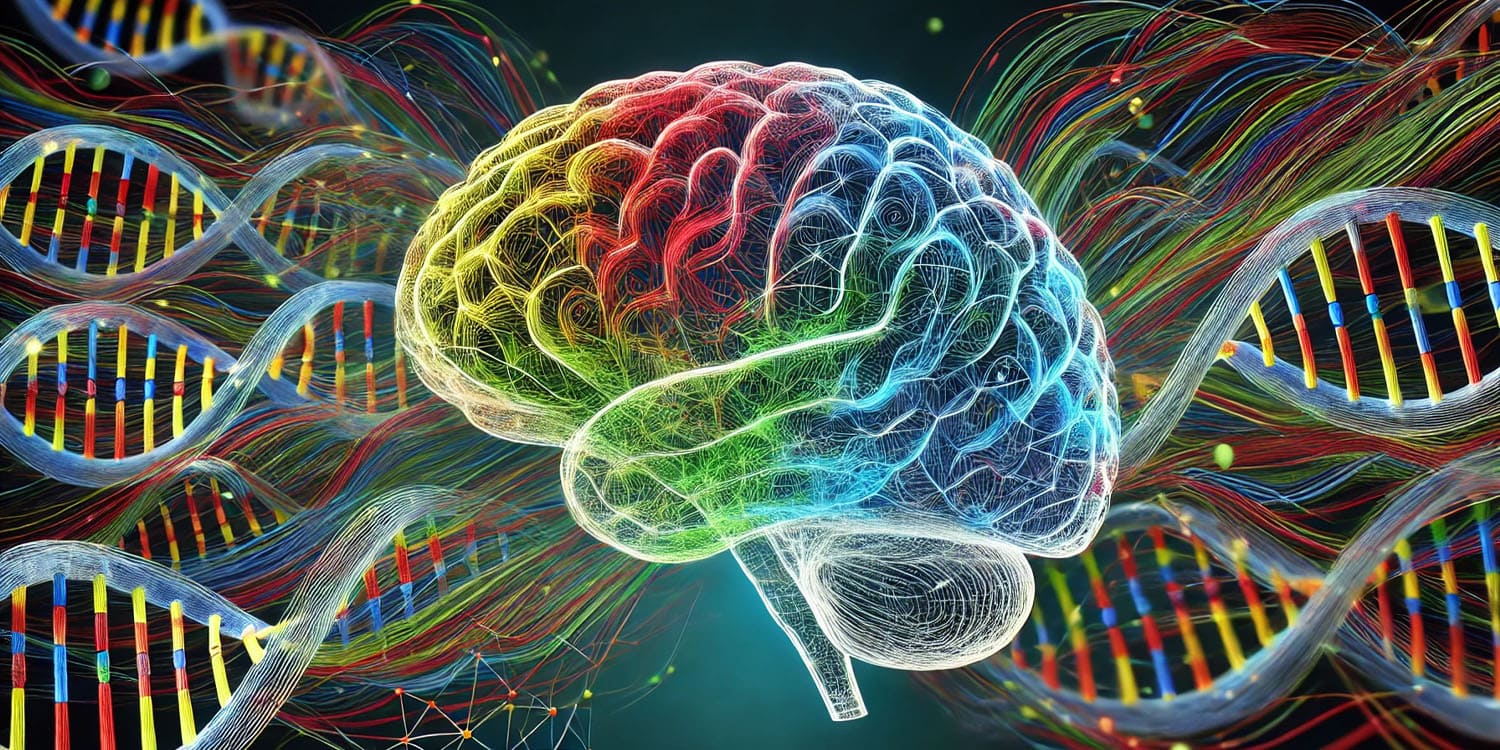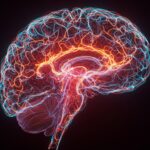An analysis of data from the Twins Early Development Study revealed that the association between ADHD symptoms and emotional problems increased in magnitude from early childhood to adulthood. These two clinical conditions appear to have a shared genetic basis. The paper was published in Psychological Medicine.
Attention-deficit/hyperactivity disorder (ADHD) is a neurodevelopmental condition that affects attention, impulse control, and activity levels. It is characterized by symptoms such as inattention, hyperactivity, and impulsivity, which can impact daily life, school, and work performance. ADHD is commonly diagnosed in childhood but can persist into adulthood, adversely affecting relationships and productivity. The exact cause is not fully understood. However, it is clear that ADHD is not caused by a single factor but rather by a combination of genetic and environmental influences.
ADHD often co-occurs with other mental health conditions. For example, children with ADHD tend to exhibit conduct problems and various neurodevelopmental issues. Around 34% of children and adolescents with ADHD experience anxiety, and this percentage increases to 50% in adulthood. Studies have also found ADHD to be associated with emotional problems.
Study author Yuan You and her colleagues sought to explore the association between emotional problems and ADHD symptoms from early childhood to early adulthood. They analyzed data from a longitudinal study of twins to assess whether ADHD and emotional problems share a common etiology. They examined five different developmental stages: early childhood (2–4 years old), mid-childhood (7–9 years old), early adolescence (12 years old), late adolescence (16 years old), and early adulthood (21 years old).
The researchers analyzed data from the Twins Early Development Study (TEDS), an ongoing longitudinal twin study on cognitive and behavioral development from childhood to adulthood. Participants were selected from twins born in England and Wales between 1994 and 1996. The study initially included 15,000 pairs of twins and currently involves more than 10,000 twin pairs.
For the current analysis, the researchers examined data from 3,675 pairs of identical twins and 7,063 non-identical twin pairs. Fifty-one percent of the participants were women. In the early childhood stage, a total of 9,617 pairs of twins provided data on emotional problems or ADHD. This number was 8,223 pairs in mid-childhood, 5,752 in early adolescence, 4,990 in late adolescence, and 6,495 pairs in early adulthood. Participants completed different assessments of ADHD and emotional problems at different ages. In earlier years, their parents completed the assessments, reporting on their children.
The results showed that there was an association between the severity of ADHD symptoms and the severity of emotional problems. In other words, individuals with more severe ADHD symptoms tended to have more emotional problems. This association was weakest in early childhood and increased in strength to a moderate level by early adolescence.
When examining specific groups of ADHD symptoms, the researchers found that the association between hyperactivity-impulsivity and emotional problems was stronger than the association between inattention and emotional problems during mid-childhood. However, from early adolescence to early adulthood, the association between inattention and emotional problems became stronger than that between hyperactivity-impulsivity and emotional problems.
When the researchers compared these correlations in dizygotic and monozygotic twins, they found that the correlations in dizygotic twins were much lower than those in monozygotic twins. This finding indicated that shared genetic factors play a significant role in the association between ADHD symptoms and emotional problems.
“The present study demonstrated that in a general population sample, the correlations between ADHD symptoms and emotional problems increase from early childhood to early adulthood, with this increase largely driven by an increase in links between inattention and emotional problems, rather than between hyperactivity and emotional problems. At all developmental stages from early childhood to early adulthood the association between ADHD symptoms and emotional problems was significantly explained by shared genetic effects,” the study authors concluded.
The study sheds light on the shared biological underpinnings of ADHD and emotional problems. However, it should be noted that assessments of children’s symptoms were reported by parents in early and mid-childhood. In general, parents are more likely to detect externalizing problems (e.g., conduct problems) than internalizing problems (e.g., emotional difficulties).
The paper, “Exploring associations between ADHD symptoms and emotional problems from childhood to adulthood: shared aetiology or possible causal relationship?”, was authored by Yuan You, Olakunle A. Oginni, Fruhling V. Rijsdijk, Kai X. Lim, Helena M. S. Zavos, and Tom A. McAdams.




